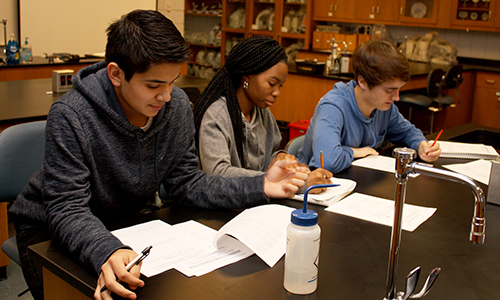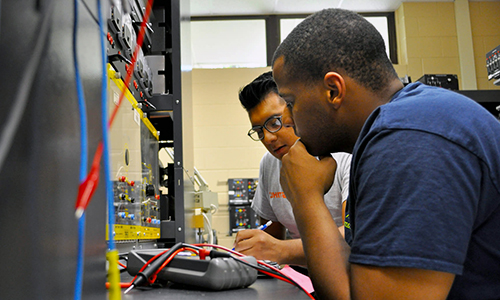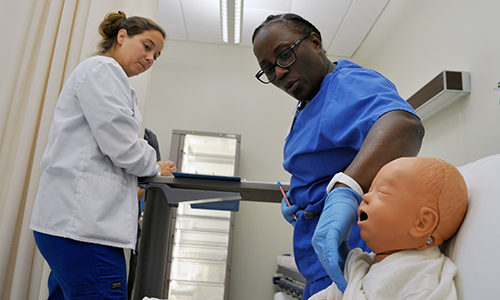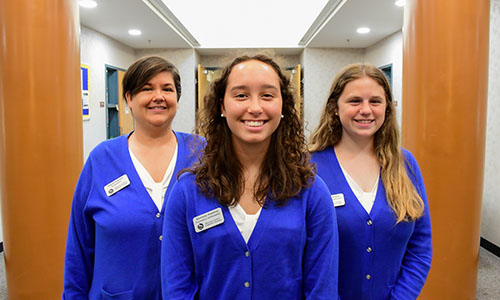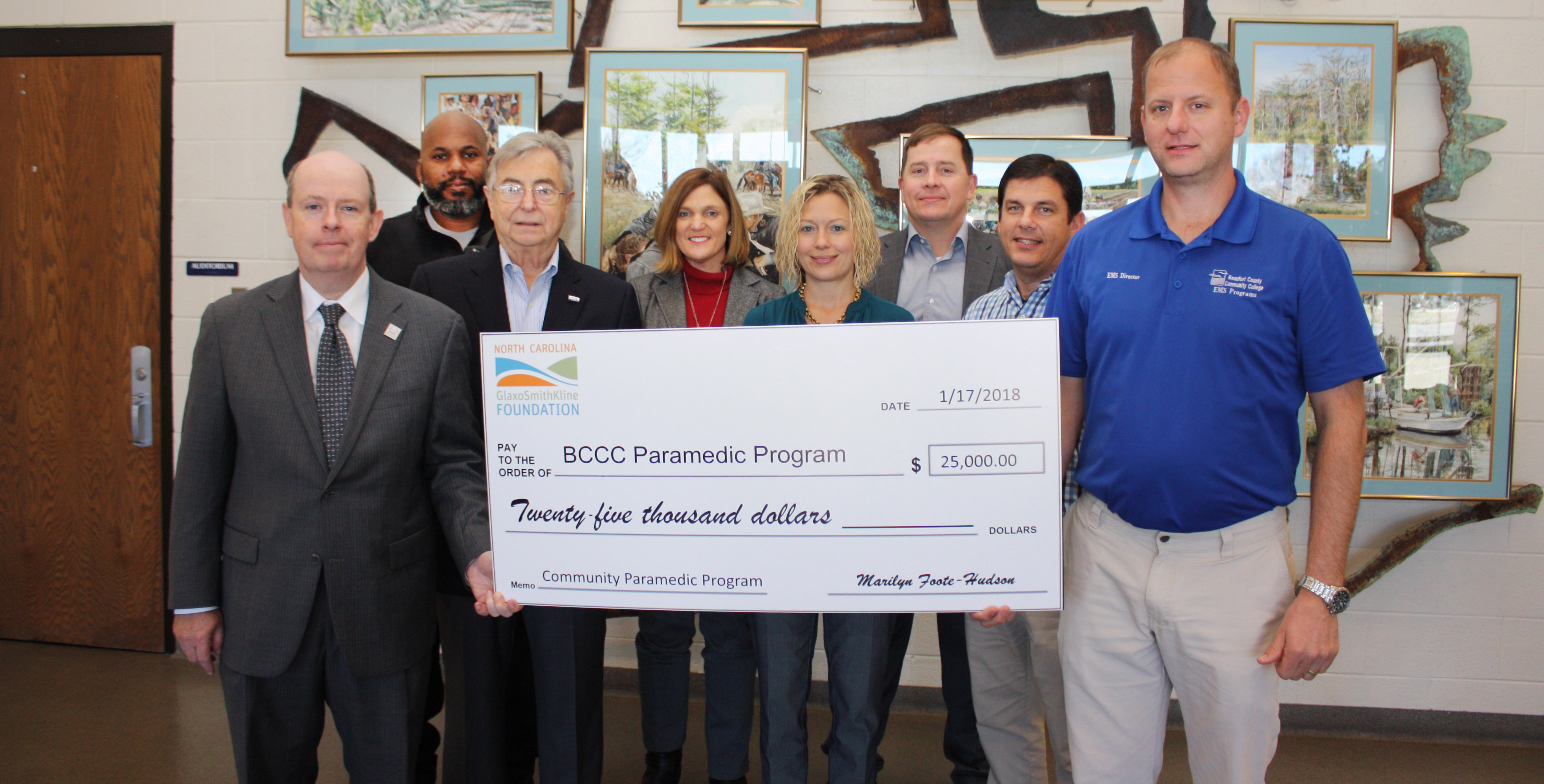
GSK Foundation Awards $25,000 for New Community Paramedic Training
Too many people are going to the hospital when there are more appropriate medical settings for them. This not only drives up the cost of healthcare, but also takes services, staff and space away from the people in greater need. A new community paramedicine program at Beaufort County Community College hopes to change that, and North Carolina GlaxoSmithKline Foundation is putting $25,000 towards the effort.
Patients come to hospitals regularly to refill prescriptions or call 9-1-1 for minor problems. They frequently come in for medical issues that could easily have been prevented had the problem been caught days before.
The community paramedic training program will train current paramedics to check on patients who hospitals have recently discharged or patients who are frequent 9-1-1 callers. In between making emergency calls, paramedics can visit patients of concern. They can conduct home assessments, check on the nutrition of a patient, and look for sanitation issues.
Hospitals and EMS systems may run distinctive programs. One service may focus on post-discharge care for recent surgery patients while another may focus on making sure that patients are taking their medication as recommended.
Hospitals and EMS systems are catching on to the idea because it can save significantly on overall costs.
“If the EMS systems can identify non-emergency patients and work with local hospitals to conduct follow-up visits,” said Billy Respass, director of EMS programs at BCCC, “the savings can add up for both the EMS systems and the hospitals.”
“These patients may not have any family members watching out for them,” continued Respass. “Community paramedics can reduce transports and trips to the ED, thereby freeing up resources for greater emergencies.”
Larry Gales, EMS programs coordinator at BCCC, said the prevention aspect is particularly important. “Right now, we handle situations where patients should have called three days ago. By then, an infection or an illness has gotten much more damaging or complex.”
“We are excited that our Ribbon of Hope grant will allow BCCC to initiate such a worthy project as a community paramedic training program," said Marilyn Foote-Hudson, executive director of the NCGSK Foundation, noting that the funds will support hiring an instructor for the 96-hour course and certifications. "Our Ribbon of Hope grants support science, health and education, and this project not only embraces all of those areas, but will truly make a larger difference in the community by teaching people to save lives."
Currently, Fayetteville Tech is the closest college with a community paramedic training program. The NCGSK Foundation’s Ribbon of Hope grant brings the program within reach of eastern North Carolina. The grant will take care of the administrative and equipment costs of setting up the program.
The North Carolina GlaxoSmithKline Foundation is an independent self-funding 501(c)3 nonprofit organization supporting activities that help meet the educational and health needs of today's society and future generations. Since its creation in 1986, the foundation has granted $71.0 million to support North Carolina projects and programs that emphasize the understanding and application of science, health and education at all academic and professional levels.

